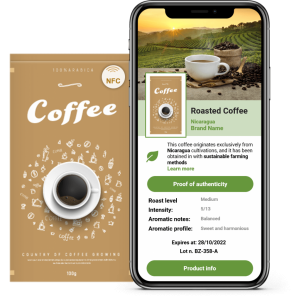
Traceability in supply chain management refers to the ability to track and trace the movement of goods and products from their origin to the final consumer. This is crucial to ensuring the safety, quality, and accountability of products in the market. Unit level traceability is a type of traceability system that focuses on tracking and tracing individual units of a product, rather than just the batch or lot.
What is Unit Level Traceability?
Unit level traceability is a system that tracks the history and movement of individual units of a product through the supply chain. This includes information such as the origin, location, and movement of the unit, as well as any events or transactions that take place during its journey. Unit level traceability provides detailed information about each unit, making it easier to identify and resolve issues related to product quality, safety, and accountability.
Benefits of Unit Level Traceability

Unit level traceability offers several benefits to companies and consumers. It allows companies to quickly and easily identify and isolate issues related to product quality, safety, and accountability. It also enables companies to conduct product recalls and investigations more efficiently, reducing the risk of harm to consumers. Also helps to build consumer trust and confidence in the products they purchase.
Implementing Unit Level Traceability
Implementing unit level traceability requires a comprehensive approach that involves the use of technology and the integration of data from different sources. This includes the use of barcodes, RFID tags, and other identification systems, as well as the implementation of software and systems to manage and analyze the data. Companies must also ensure that their supply chain partners are also equipped with the necessary technology and systems to support unit level traceability.
Challenges of Unit Level Traceability
Unit level traceability can be a complex and challenging task, especially for companies with complex supply chains. One of the main challenges is the cost of implementing and maintaining a unit level traceability system, which can be substantial. Additionally, there may be challenges in integrating the data from different sources and ensuring that the information is accurate and up-to-date. Companies must also be prepared to manage the additional workload and responsibilities that come with implementing a unit level traceability system.

